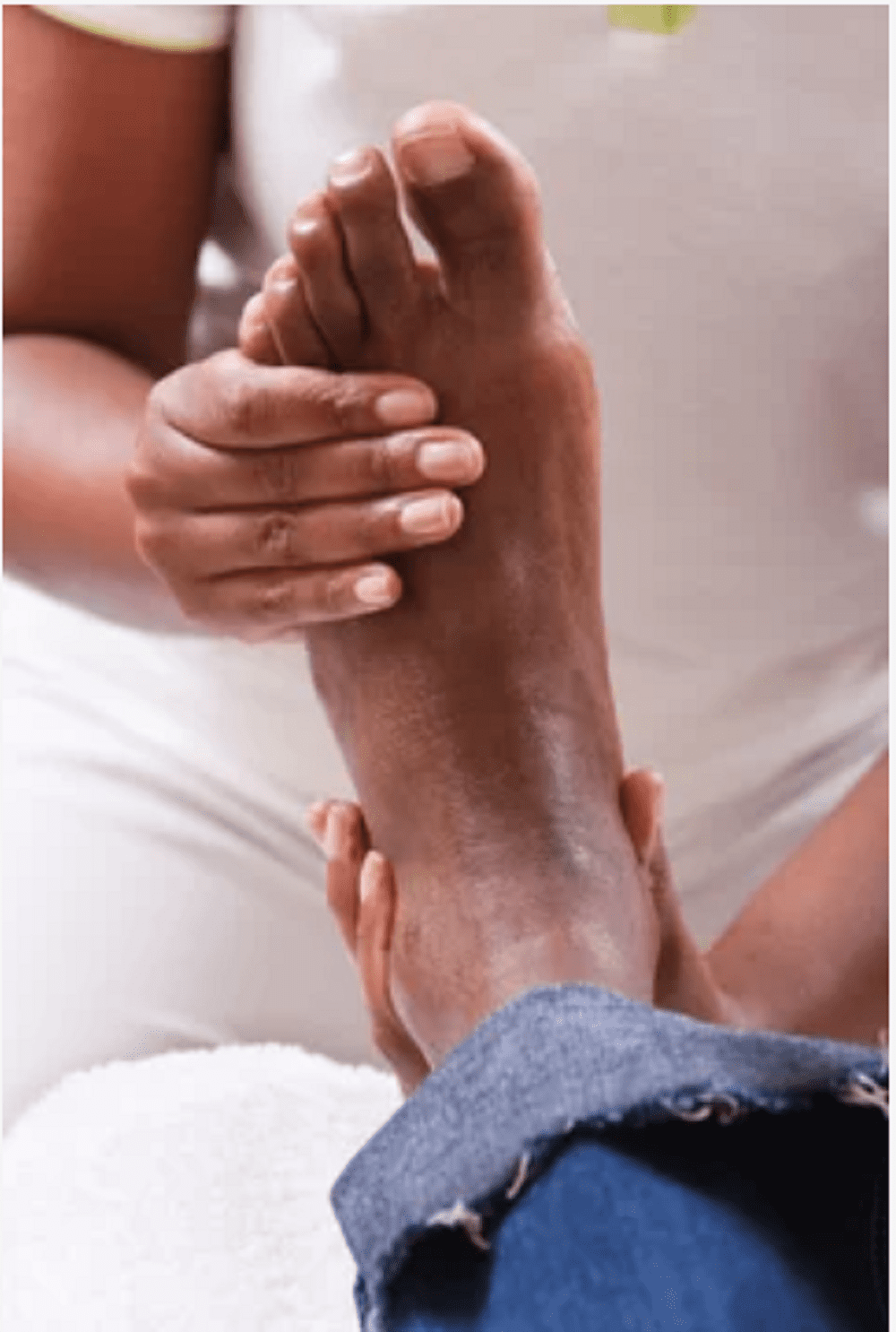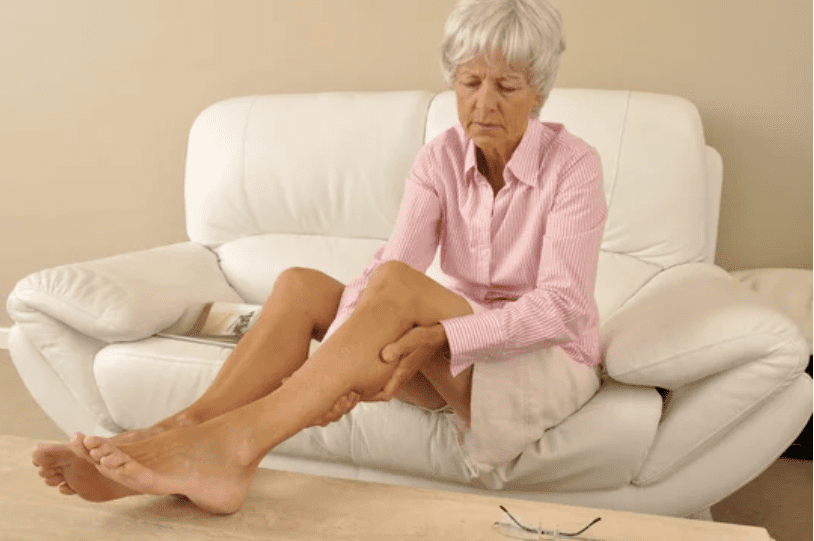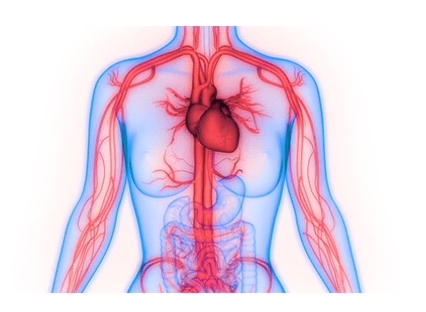
Traveling? Reducing the Risk of DVT

Keep these vital vein health recommendations in mind as you pack your baggage for your summer vacation. Summer is the busiest travel season, as we take advantage of the milder weather to visit far-flung locations. However, when we board flights, trains, and automobiles to travel to such locations this summer, it's crucial to remember that we may be increasing our risk of deep vein thrombosis (DVT). This is because sitting in a confined location for four hours or more impairs leg circulation. A blood clot (thrombosis) can form in the deep veins of the lower extremities as a result of this, producing discomfort, swelling, soreness, and redness in the afflicted area of the calf or thigh. It's also possible that the skin will feel heated to the touch. The clot may disintegrate on its own at times. Does this imply that long journeys should be avoided during the summer? Not in the least. Simple methods will maintain your veins healthy so you may relax and enjoy your free time. When Traveling, How to Avoid DVT One risk factor for DVT is being inactive for lengthy periods of time. DVT is more likely in those who have a clotting problem or a family or personal history of blood clots. As a result, it's a good idea to talk to a vein expert about your risk factors before flying or driving a long distance. If you follow these five precautions before a lengthy travel, you can reduce your risk of DVT. As you pack your baggage, keep these in mind.
Make an effort to get up and move about. If you're traveling by car, make frequent stops for brief walks. This helps to keep the blood circulating by stretching the leg muscles. On a plane, do the same thing; try to get an aisle seat so you can walk up and down the aisle at least once every two to three hours. Raise and drop your heels while keeping your toes on the floor while seated to strengthen your calf muscles. Lift and lower your heels with your heels on the floor. Finally, don't cross your legs because this will prevent blood flow.
Dress in loose-fitting clothing. Snug-fitting clothing restricts blood flow. Less restrictive clothing not only keeps you comfortable on lengthy journeys, but it also aids circulation.
Compression Stockings should be purchased in pairs. Compression stockings, which can be found at most drugstores or medical supply stores, are comprised of strong elastic fibers that constrict the veins in the legs to prevent blood from pooling and clotting. Compression garments are available in two lengths: knee-length and thigh-length. Choose the one that you feel most at ease wearing on a lengthy travel and double-check that it fits properly.
Keep yourself hydrated. Water promotes circulation, so have a water bottle nearby to drink from. However, diuretics like as coffee and alcohol should be avoided since they interfere with hydration.
Take your medications as prescribed. You can travel securely if you have had past DVT occurrences and are on a blood thinner like Warfarin. If you had a DVT episode less than two weeks before to your travel, acquire authorization from your doctor. Take your medications. You can travel securely if you have had past DVT occurrences and are on a blood thinner like Warfarin. If you had a DVT episode less than two weeks before to your travel, acquire authorization from your doctor.
Before Getting on the Plane... Concerned about DVT developing on a lengthy journey? Speak with a vein expert at the Vascular and Interventional Associates Vein Center. We may review your risk profile and provide advice on how to keep your veins healthy while traveling. Your vacation should be a time to unwind, and we can help you make that happen.
We are just a call or click away. To learn more, book an appointment online or over the phone with PeachState Advanced Cardiac & Endovascular. We have several locations in Georgia: Newnan, Atlanta, & Griffin.
You Might Also Enjoy...


Feeling Faint

Should I be worried about my numb feet?

Can leg cramps be a sign of something serious?

Meet Dr. Odiete - PACE Cardiovascular Specilaist


